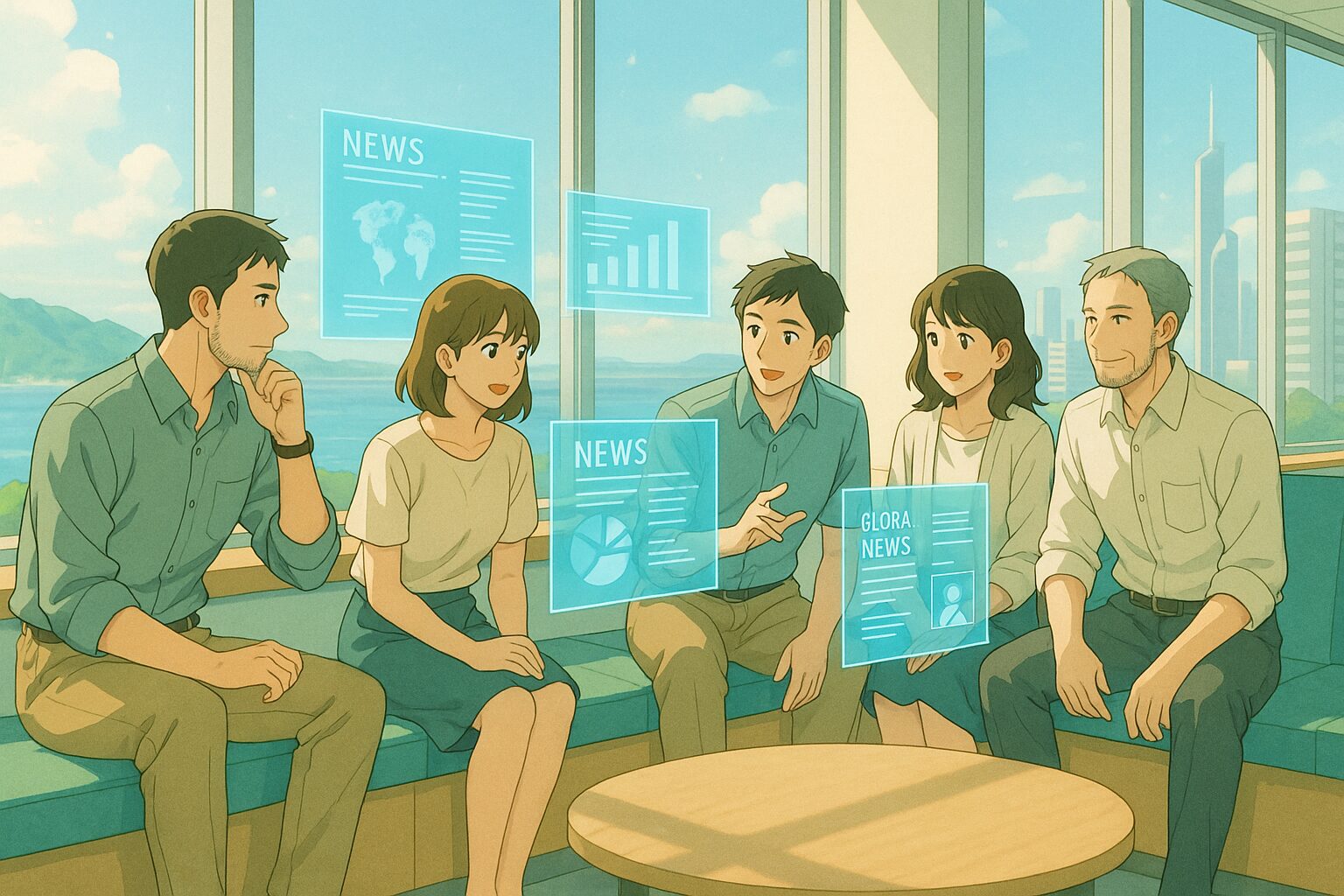Does the Connection of Science Cross Borders? The Future of International Cooperation
The progress of science continues to have a significant impact on our lives. Amidst this, we have received news that scientists continue to cooperate even in an era of rising international tensions. Russian President Vladimir Putin stated that he is continuing collaboration with Western scientists despite sanctions. If this trend continues, what future awaits us?
1. Today’s News
Source:
https://www.rt.com/russia/623444-putin-global-scientific-community/
Summary:
- Scientists from Russia and the West are continuing their collaboration despite sanctions.
- President Putin emphasized that the international scientific community is built on unity, not division.
- It is suggested that scientific connections are important beyond political barriers.
2. Considering the Background
The essence of the scientific world is to share knowledge and evolve technology across borders. Why do scientists continue to cooperate despite international tensions and political constraints? Issues deeply related to our daily lives, such as the development of new drugs and responses to climate change, cannot be solved by a single nation alone. Such challenges require international cooperation. This news can be seen as an example of how the world of science transcends political walls.
3. What Will the Future Look Like?
Hypothesis 1 (Neutral): A Future Where Scientific Cooperation Becomes the Norm
If international scientific cooperation continues, we might see a world where scientific progress does not stop despite political conflicts. In such an environment, scientists from various countries would routinely engage in joint research to tackle global challenges. This would mean that connections on a different axis from politics are valued, leading to stronger trust among scientists.
Hypothesis 2 (Optimistic): A Future of Significant Advances in Science and Technology
With the advancement of international cooperation, we may envision a future where technology evolves more rapidly and many issues are resolved. For instance, the evolution of medical technologies and responses to environmental issues could accelerate, making our lives richer and healthier. As a value, international cooperation and collaboration may be emphasized, leading to a culture of problem-solving that transcends borders.
Hypothesis 3 (Pessimistic): A Future Where the Independence of Science is Lost
On the other hand, there is also the possibility that increasing political pressure may create an environment where scientists cannot freely cooperate. As a result, scientific progress may stagnate, and responses to global challenges could be delayed. The loss of scientific independence could lead to increased political influence, ushering in an era where scientists’ actions are restricted.
4. Tips on What We Can Do
Hints for Thinking
- Reassess the value of international cooperation and incorporate diverse perspectives without prejudice.
- Respect different cultures and opinions in daily life and consciously work towards coexistence.
Small Practical Tips
- Analyze information obtained from news and think from multiple angles.
- Share and discuss topics related to scientific progress and international cooperation with family and friends.
5. What Would You Do?
- In the context of advancing international cooperation, how do you view your role?
- What kind of support do you think you can provide for the cooperation of scientists?
- If political barriers were to hinder scientific progress, how would you act?
What kind of future have you envisioned? Please share your thoughts through social media quotes or comments. Let’s think about our future together.









